Marstrand, Part 7; Adventures On Ice.
In the midst of Winter that early part of 1939, Gunhild had more than fulfilled her Swedish family duty. She was homesick and ready to plan their return home. She wrote to Keith and asked for fare money. As soon as feasible.
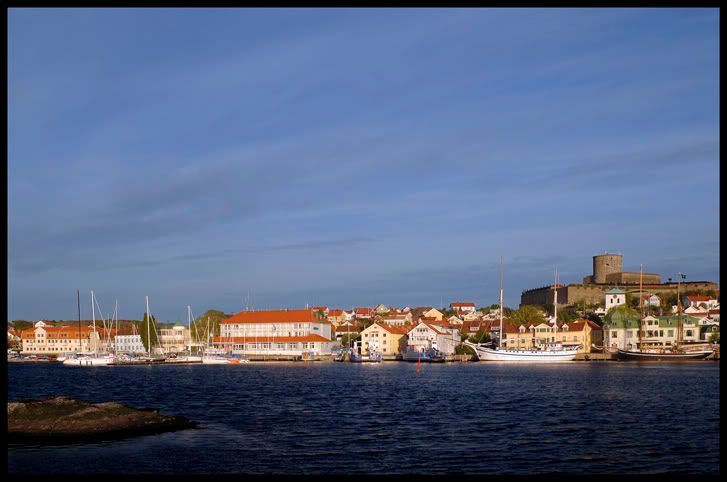
She also described to Keith some of Marstrand’s famous boat races. Norway’s Crown Prince Olav participated in one.
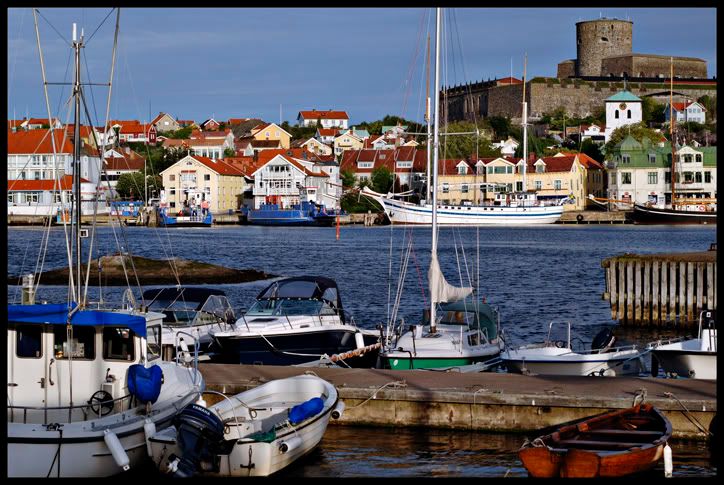
That year Gunhild and Greta also went boat racing.
“We didn’t win, but it was very exciting. When the race was over, everyone was all wet from the stormy conditions. The ocean was so rough and wild it was hard to dock. I received a severe injury to my leg trying to disembark,” Said Greta.
Greta’s fifth birthday was in February. Gunhild threw a little party attended by Greta’s friends. They ate cake and candy along with servings of coffee and tea.
One rainy day in February Gunhild commented they hadn’t seen the sun in months. “When it isn’t raining, it is cloudy and gray.”
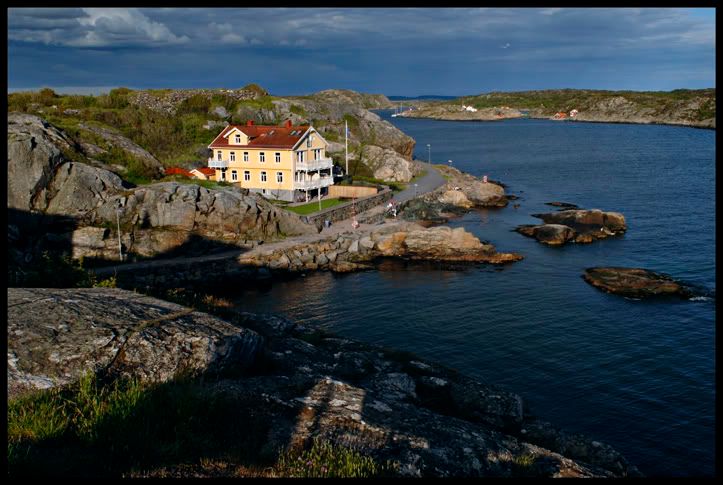
It seemed no matter if it was winter or not, if the opportunity presented itself for them to go swimming, they did.
Greta recalled, “In February, there were ice floes breaking up in the ocean. I tried sitting on those chunks of ice. Talk about a frozen behind!!! Our bodies became numb from the cold, and quite blue, I might add. But the feel of our blood surging through our vessels was exhilarating. One really felt alive.â€
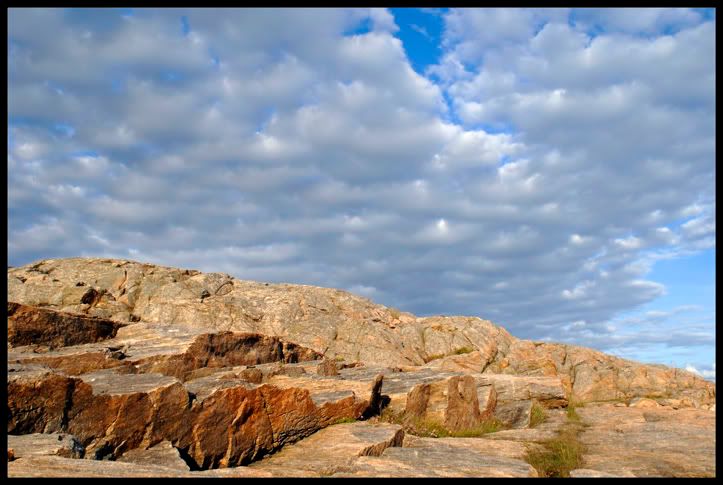
“When it wasn’t raining, we went for long walks.”
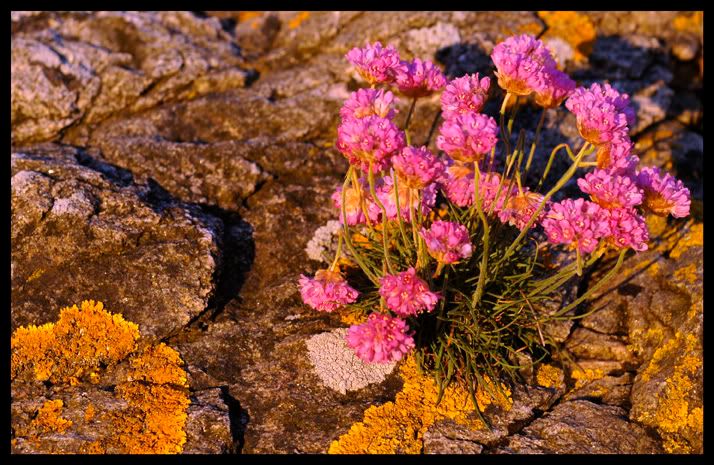
If one simply walks, it takes about an hour to go around the island. But with so many interesting rock formations, delicate plants or flowers, and vantage points to enjoy, it takes longer.
“It was still very cold but the air was clear and crisp. I don’t think I have ever again found the air so pure and energizing. Marstrand was so beautiful, unspoiled and healthy.â€
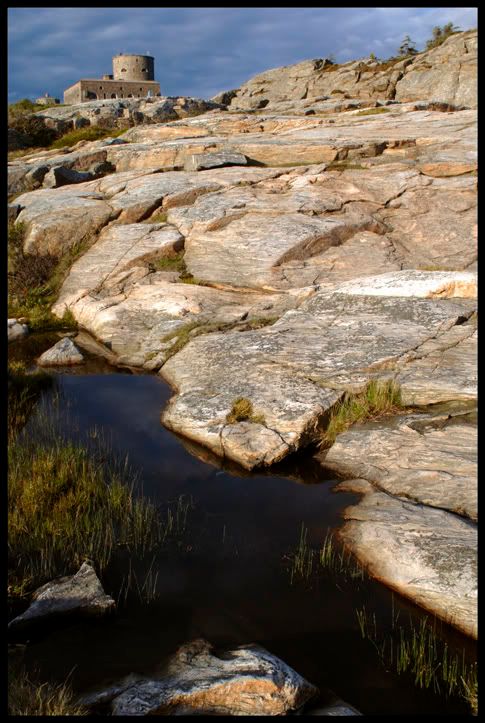
“I explored the rocks and looked for shells and tiny creatures trapped by the tide among the crevices. It was a whole different world there. I discovered many types of strange creatures. Some were in shells. Others were creepy, crawly, slithery things. Some had strange colors. Others had no color, and were transparent. I was fascinated.â€

“It felt so good to breathe the fresh air. Such a smell!!! Tainted with ocean salty smells. There was nothing like being at the North Sea.â€
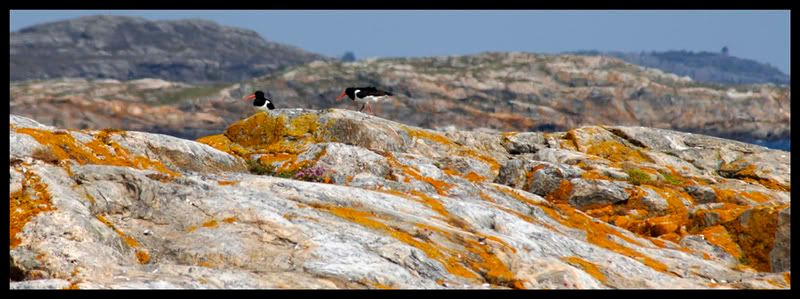
Marstrand Wildlife
“After days of glorious clear weather it again stormed with the wind crackling around the house. It moaned like someone in great pain.
“When we went out in the snow or very cold weather, we ate a thick slice of dark bread spread with bacon drippings saved in a jar by the stove. As disgusting as it sounds, it was quite delicious. It gave us a lot of calories to burn and kept us warm as we ran around in the snow. Another trick I learned when I went out in the cold was to put hot boiled potatoes in my pockets to keep my hands and body warm. Then later when they were cool I ate them when I was hungry.
“At Mama’s friend’s house we made a toffee with nuts . When it was boiling hot we dropped dabs of it in the snow from a wooden spoon. Within seconds the dabs were hard and cool. We either ate it or put it in a dish for later. But was most wonderful when still warm.
“When it was frozen all around the island, there were skating parties. Groups skated around the island and ended up at someone’s house for hot coffee and glögg.â€
Glögg, meaning “to burn,†“to mull,†or “glow,†is a Scandinavian beverage typically associated with winter, but especially the Christmas season. It is made with combination of red wine and akvavit (a beverage distilled from potato or grain. It may be flavored with caraway seeds, anise, dill, or coriander). Added to the mix are raisins, slivered almonds, diced bits of dried or candied fruit. Recipes vary. But the festive part comes when everyone gathers around to watch the lighting of the glögg. Sugar cubes in a cone strainer are dipped into the mixture then lifted back up. A lighted match to the alcohol-drenched sugar gently ignites a flame. Thus the burn, the mull, the glow or “glögg.†The glowing sugar is mixed into the kettle of combined ingredients, and the glögg is ready to serve.
“It warmed you to your toes,†said Greta.
“These parties were a Swedish feast. Smorgasbord, they called it. Fruit soups, roast pig, goose, fish, meatballs and
sandwiches.â€
Boats around the island were locked in place when the ocean froze. Owners could walk to their boat, cut a hole in the ice, and extract it for storing elsewhere. The sight of the hole and the fresh skin of ice intrigued Greta. But this was forbidden territory. Gunhild specifically instructed Greta not to play there. But five or six playmates didn’t have this restriction. When she told them she couldn’t go, they goaded her along by calling her names. “Scaredy Cat,†“Chicken,†“Mama’s Girl.†She didn’t stand for that and ventured out.
Before long Greta encountered the sight of her fascination. A freshly cut boat hole. It drew her over to inspect its icy glaze. Her application of just one booted foot to the surface was enough to plunge her into the wintry ocean. Her once warm clothes and mittens turned instantly cold and heavy. Fortunately her fingers found the edge of the thick ice.
“I was too shocked to panic. I didn’t even cry out. When the children realized I was missing, they came back to find me. There I was peering up at them. My only thought then was how angry Mama would be. The oldest boy, maybe 10 or 12 years old, shook his head and reached into the water and pulled me out. I stood on the ice shivering cold and motionless. ‘I better walk you home,’ said the boy.â€
When Gunhild appeared at the door and saw Greta standing there in her stiff frozen snowsuit, the only words uttered in reference to the miss hap were the boy’s. ‘She fell into the water.’
“Mama didn’t scream. Mama didn’t yell. Mama didn’t spank me. Not a word was ever discussed with me concerning the incident.†Instead Greta received the warm blanket treatment. A brisk massage for her cold limbs. Hot tea. Then off to bed warmed up with hot water bottles.
There was a unique day in March every year for the Palm family. Gunhild and August shared the same birthday, March 12. Particularly noteworthy of that year, August was 70. Gunhild planned a special party. A farmer came to the house and took her order for a select leg of veal.
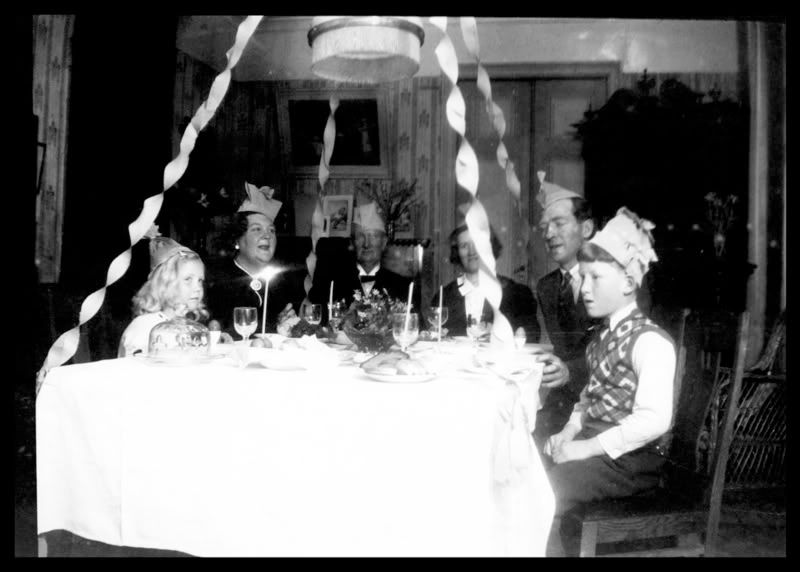
Birthday party for Gunhild and August. Greta, Gunhild and August left side. Greta’s best friend Gunnar and his parents, right side. After the feast other guests arrived for cake and coffee.
In March 1939 Germany annexed the remainder of Czechoslovakia. Suddenly all eyes were on Poland. Gunhild wrote that Hitler considered banning tobacco and coffee in Sweden. “What would the Swedish people do without their coffee?†It was just a reminder that Hitler hadn’t and wouldn’t forget about Sweden.
The heightened political tensions led to a call for to all foreigners in Sweden to fill out forms and be counted. Gunhild and Greta complied.
Gunhild seemed to become a bit restless with the quiet life in Marstrand. “It is very quiet here so I think I long for noisy places. I haven’t been in a car since July 11.†She anticipated a visit to Stockholm since Margit’s visit to Marstrand in December. When the funds finally arrived from California, they were off to Stockholm.
Next, Stockholm!